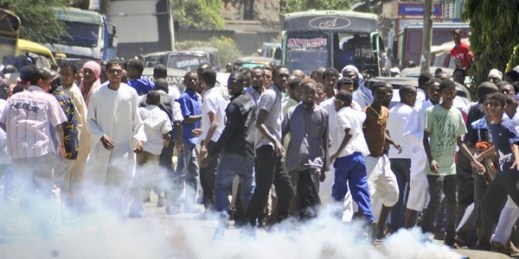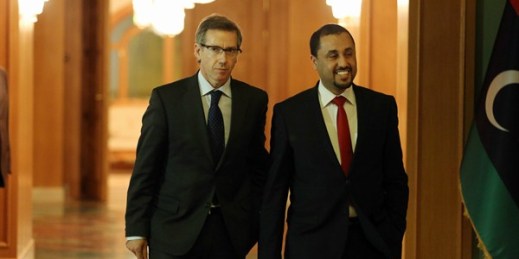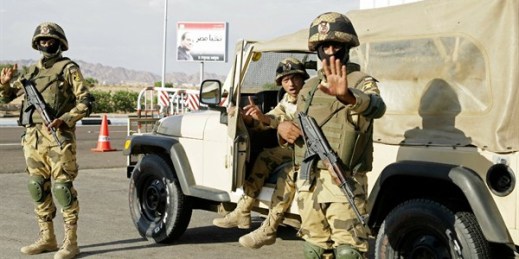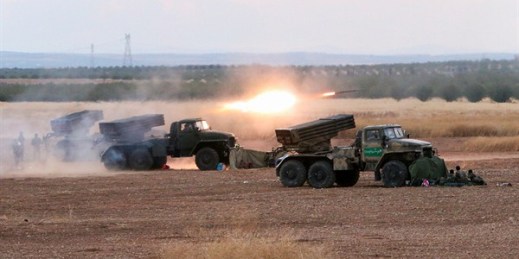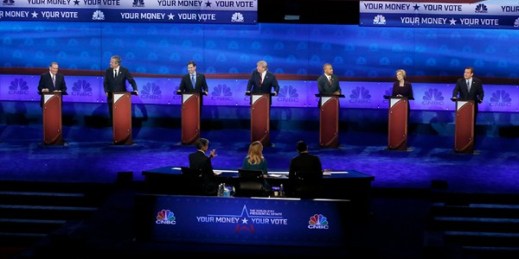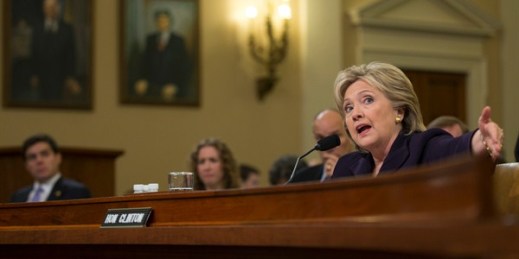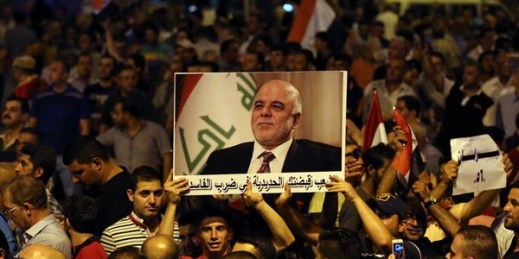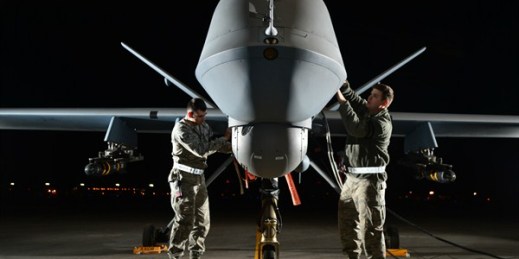
Immediately after the recent terrorist attacks in Paris, French President Francois Hollande declared the coordinated attacks as “an act of war.” France did not need such a provocation, however. It had already been involved in U.S.-led airstrikes in Syria against the self-proclaimed Islamic State for six weeks, and in Iraq since September 2014. The question now is where and how it might escalate its involvement militarily. The United States stated that it stands by France and will assist in whatever way necessary. That raises the question of whether U.S. assistance will include arming France’s unmanned aerial vehicles, or drones, and […]

